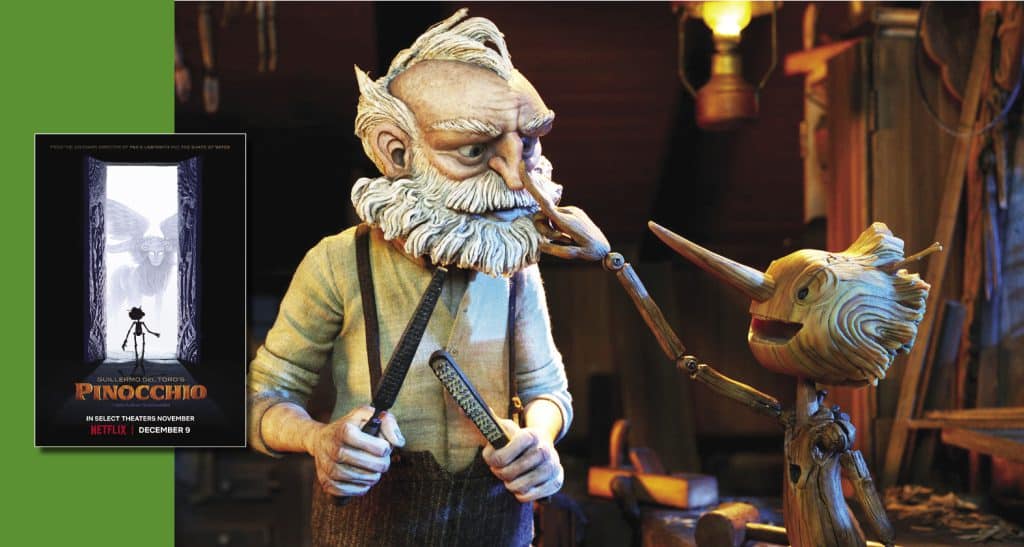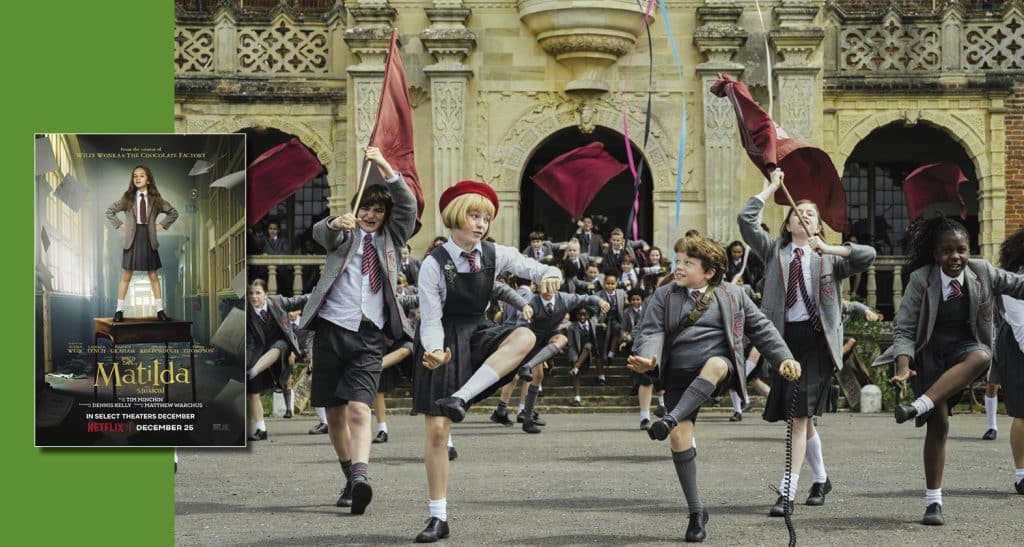Cinema Sabaya
In modern-day Hadera, an Israeli city near Haifa, the Center for Social Equality offers a course on video production for Arabic and Jewish women. The women are various ages and come from many different backgrounds and domestic situations. They discuss the meaning of sabaya, which one of the Arabic-speaking women calls their group. If pronounced with a Hebrew accent, it can mean prisoners of war; pronounced with an Arabic accent, sabaya means a group of young women, “just like them.” When the center’s director announces that the class will be in Hebrew because everyone understands Hebrew but not everyone understands Arabic, the stage is set for conflict.
Rona (Dana Ivgy), a film director, commutes from Tel Aviv to teach the class about framing, lighting, and even directing. Each student receives a video camera to film scenes from her own life. As the weeks go by, the women drop the facades that “everything is fine” and begin to reveal their personal struggles as mothers, wives, or single women. Conflict arises within the group, not because of their differences, but because of what they see as the instructor’s deception about her motivations for the class.
Cinema Sabaya, available in theaters, is a unique film about empowering women through the art of self-reflective storytelling. You will wonder, as the students do, if this is a documentary or not—the film’s only conceit. There are layers in the story about women who are prisoners in their own lives for one reason or another.
Writer/director Orit Fouks Rotem draws from her own experiences as a teacher in this moving story of women who, against the odds, become friends. Souad (Joanna Said), a young Muslim mother of six in an arranged marriage, makes an inner and outer journey of freedom. Her story evokes compassion as much as her behavior in the group shocks the women.
The power of art to transform lives is convincingly evident in Cinema Sabaya. By the time we get to the passionately wrought ending, they are each able to live more freely and move forward. Cinema Sabaya is a parable about our common humanity and for people and communities who live in conflict.
Not yet rated • Some language, implicit domestic violence.

Guillermo del Toro’s Pinocchio
Guillermo del Toro’s latest project, available on Netflix, is a stop-motion, animated musical and dark parable about war, fascism, death, life, and religion—specifically Catholicism. With superb visual and aural craftsmanship, and stunning cinematography, this retelling of author Carlo Collodi’s 1883 beloved The Adventures of Pinocchio is no Disney knockoff.
The film opens with Master Geppetto (voice of David Bradley) and his beloved son, Carlo (Gregory Mann), restoring the hand-carved wood crucifix of the village church. But after World War I begins, Carlo is killed by a bomb. Geppetto plants a pine cone that Carlo had given him near his son’s grave. A talking bug, Sebastian J. Cricket (Ewan McGregor), takes up residence in the tree that grows there in the years leading up to World War II. Geppetto is consumed by grief. While drunk, he cuts down the tree to make a new son out of wood. When he passes out, a Wood Sprite (Tilda Swinton) brings the carving to life, naming it Pinocchio. The appearance of Pinocchio (again Gregory Mann) and his antics terrify the village, and Geppetto is shocked to learn his carving is alive. He locks Pinocchio in a closet while he goes to Mass, but the puppet follows the older man. The next day, Geppetto sends him to school, but Count Volpe (Christoph Waltz) tries to hire Pinocchio for the circus.
There are several images of Christ and references to redemptive love, death, suffering, and life everlasting. Of course, the film is open to many interpretations, but there is no denying its elegant and sometimes terrible beauty.
Not yet rated, PG • Animated violence, peril, war.

Roald Dahl’s Matilda the Musical
Based on the 1988 novel by Roald Dahl, this new film version is fun to watch. Available on Netflix, it’s about an improbably sweet girl who develops a superpower, telekinesis, to add to her sense of fairness, intelligence, and kindness. Matilda (Alisha Weir) is born to dim and selfish parents who refuse to let her go to school. Despite this, Matilda becomes an avid reader. When the authorities decide she must go to school, Miss Honey (Lashana Lynch) suggests Crunchem Hall, where she teaches.
Once enrolled, Matilda runs up against the headmistress, the terrible Miss Trunchbull (Emma Thompson), whose cruelty borders on brutality and threatens the minds, hearts, and even the lives of the children. But Matilda uses her superpower to help win the day for the good of all. Matilda the Musical is a delightful revolt against parental, institutional, and educational tyranny. It is a celebration of girl power.
Not yet rated, PG • Child abuse, bullying by adults, some language.








